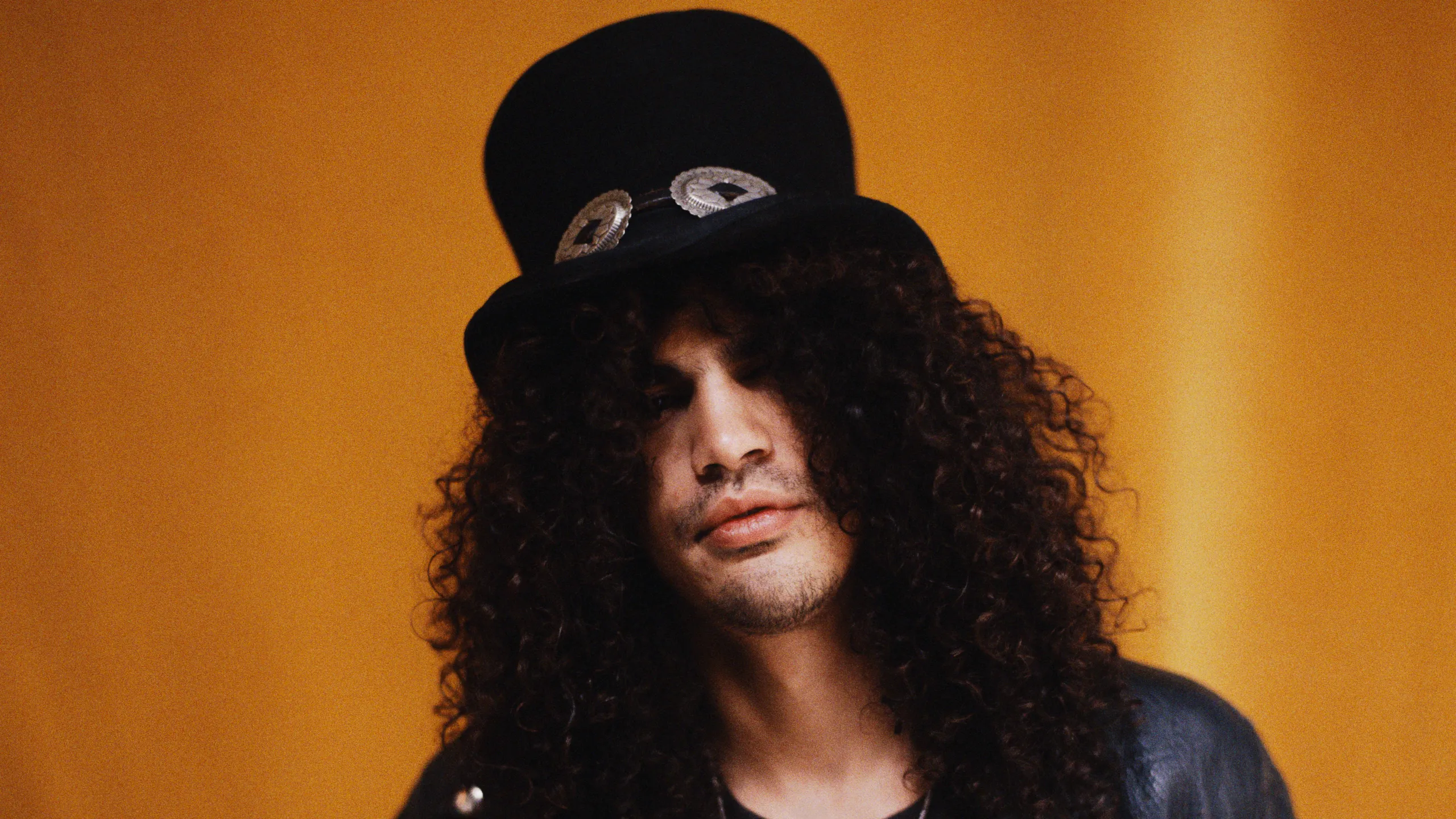As the 1990s dawned, Guns N’ Roses stood as the epitome of rock’s rebellious spirit. Despite the impending decline of traditional rock in the face of the burgeoning alternative scene, aspiring guitarists sought to replicate Slash’s nightly performances, where he skillfully blended blues influences akin to iconic rock figures like Joe Perry and Eric Clapton.
While Slash basked in the limelight as one of the era’s most successful guitarists, he couldn’t escape a sense of embarrassment at having to share the stage with another hard rock legend.
Upon their entry into the rock scene, Guns N’ Roses became harbingers of a new rock era. In contrast to the Los Angeles bands teasing their hair and crafting superficial songs for MTV fame, Slash aimed for authenticity, aligning the band with a rock and roll street gang reputation.
While Guns N’ Roses sought to reshape the LA rock scene, Metallica had already delved into heavier music since the early 1980s. Following the triumph of their debut, “Kill ‘Em All,” the thrash metal giants forged their path in the metal mainstream, achieving stadium-filling success through word of mouth for albums like “Master of Puppets.”
When Metallica collaborated with producer Bob Rock for “The Black Album,” they aimed for mainstream success, refining their sound for radio-friendly hits like “Sad But True” and “Enter Sandman.” Despite their ability to fill stadiums solo, Lars Ulrich envisioned the grandest tour by teaming up with Guns N’ Roses.
However, the tour was marred by chaos. Axl Rose, Guns’ frontman, frequently defied start times and truncated setlists based on his mood. The boiling point occurred in Montreal, with James Hetfield suffering severe burns in a pyrotechnics accident. Slash, prepared for an early and energetic set, witnessed Rose storming off the stage after a few songs, citing vocal problems. A riot ensued, leaving Slash feeling mortified to face Metallica afterward.
Reflecting on the tour, Slash expressed shame for the band’s behavior, stating, “That caused a big thing. But a lot of that stuff that went down was really out of my hands. To be honest, I was really quite embarrassed by what went down.” While not harboring ill feelings, a palpable silence lingered. Fortunately, relations between Slash and the Metallica members have since mended.
While Metallica pressed on after the tumultuous tour, Guns N’ Roses met their demise post-“The Spaghetti Incident?” cover album. This tour marked the point where the band’s aspirations surpassed their ability to manage the escalating scale of their success, particularly for Slash, who simply wanted to play rock and roll for anyone within earshot.
